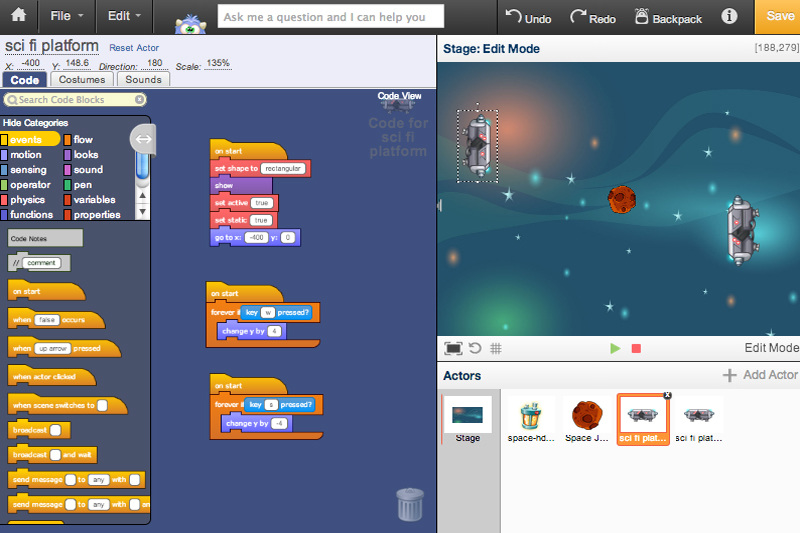

Shopping customers and regulars can be recruited to play and invited to future events. That’s only fair, besides, you want the opportunity for there to be foot traffic. You may be asked to institute a rule that everyone buy their drinks and snacks from the establishment.
How to create your own game on system free#
Reach out to your local game stores or anywhere else people are gaming in your area (coffee shops, tabletop friendly bars, churches, the local library) and schedule a time for 2-3 free tables. Playing with strangers can be very intimidating, especially if it is at a private home where you don’t know anyone.

Give yourself and other Game Masters the opportunity to share all of the cool games you’ve been collecting. Creating a community with game nights and a Games on Demand model provides the opportunity you’ve all been waiting for.
How to create your own game on system how to#
Each Game Master already has games they know how to run and games on their shelf they are just dying to put to good use.

Add the people you game with, the people that you know game locally, and the Game Masters that run events at local stores or gaming hangouts. A community can be fostered in something as simple as a Facebook Group. With the utility of social media, we can easily recruit, message, and share ideas (posts) at times that are convenient for one another. We need a place for people to gather in order to build interest in our idea–our movement. Thanks to social media, this is surprisingly easy to start, however, difficult to master. To meetup and game together, we’ll need a pool of potential players and Game Masters. We can create a movement! One to tackle the difficulties of having too many unplayed games, of luring players to try something different, or the reoccurring learning curve of each new game. First things first, we start by building a community. Together, we can unite to build more than a gaming group. It won’t cure them overnight, but it will treat the problems and help to create a foundation for other like-minded locals. Together, I think we can build/borrow a system to help solve all of our (current) problems. They face the same challenges, the same struggles. And, let me tell you, there are plenty of others who feel the same as you. I’m always asking what games people are playing, running, and are interested in. Is it a struggle to get your players to try something new?Īre you just too busy to finish reading that new tome of a game book?Īs Convention Coordinator for the Indie Game Developer Network and as a self-published game designer, I travel to monthly conventions to sell and run role-playing games. Do you have too many games just collecting dust on your bookshelves?


 0 kommentar(er)
0 kommentar(er)
